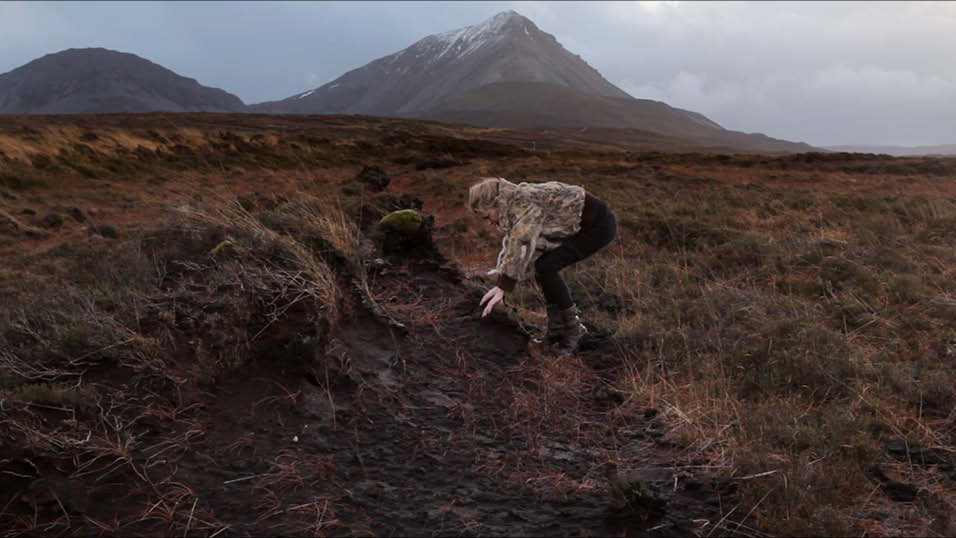The BBC has published its Commissioning Report 2024/25, detailing its investment of £1.6bn in original UK television content and the commissioning of over 300 production companies across the country.
TV hours made by qualifying independent producers dropped 5 percentage points this year, “caused by a high level of sports content this year increasing the total number of hours produced by BBC Sport.”
However, it still exceeded its TV Independent Production quota (25%) by 9 percentage points, with 34% TV hours made by qualifying independent companies. On BBC One 28.4% of programme hours were made by qualifying producers, exceeding the quota by 3.4 percentage points and 49.7% of programme hours on BBC Two, exceeding the quota by 24.7 percentage points.
The report demonstrates that BBC iPlayer has become the fastest-growing streaming platform in the UK.
This year, there was a spend of £140m of existing commissioning budget on 385 titles in TV and Radio that met the BBC’s creative diversity criteria. These included landmark dramas such as Mr Loverman, Reunion and Boarders.
Alongside this, the BBC’s Diversity Development Fund, worth over £2m, enabled placements for 135 individuals from underrepresented backgrounds across more than 100 productions, focussing on mid to senior roles. A further £1.3m was invested in accessibility on productions, marking the first year of our access funding and reporting protocols to support producers and remove financial barriers to inclusive production.
61.2% of network TV spend was in the Nations and English regions with productions including Virdee from Bradford, Smoggie Queens from Middlesbrough, This Town from the West Midlands, Blue Lights from Belfast, Lost Boys and Fairies from Wales and Dinosaur from Scotland.
The commissions include those from 43 new TV producers, as well as supporting writers, freelancers and musicians through a range of partnerships and initiatives.
Over the past year, over 700 productions were certified by albert, the industry standard for environmental sustainability in film and TV, with 99% of all BBC TV productions meeting this certification. The BBC has also published the BBC’s first Net Zero Transition Plan, outlining how we intend to become a Net Zero organisation by 2050.
Kate Phillips, BBC Chief Content Officer said: “This report reflects our unwavering commitment to homegrown storytelling, regional investment, and authentic representation. We’re proud to work with hundreds of production companies across the UK to deliver content that truly reflects our audiences.”
For the first time, this year’s report brings together the annual Supply Report and the Diversity Commissioning Code of Practice Report into a single, unified document.
Pippa Considine
Share this story














